Indigenous Governance Database
IGD Database Search

Mātauranga and Science
"Mātauranga Māori is not like an archive of information but rather is like a tool for thinking, organising information, considering the ethics of knowledge, the appropriateness of it all and informing us about our world and our place in it." (Mead 2003, p. 306) Māori have become a pivotal force…

Articulating ‘free, prior and informed consent’ (FPIC) for engineered gene drives
Recent statements by United Nations bodies point to free, prior and informed consent (FPIC) as a potential requirement in the development of engineered gene drive applications. As a concept developed in the context of protecting Indigenous rights to self-determination in land development scenarios…
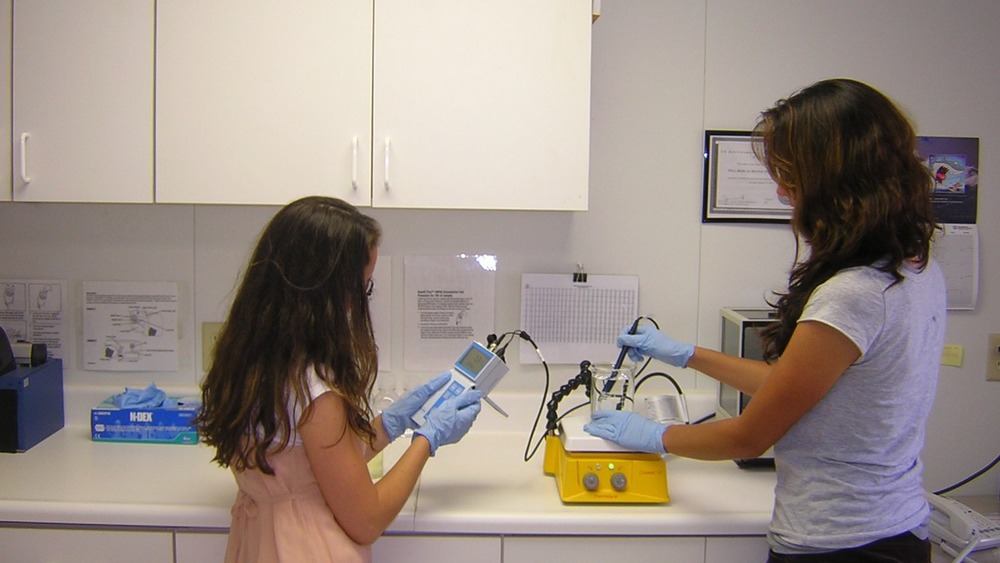
Data Sources to Assess Tribal Climate and Health Impacts
One of the most time consuming and difficult aspects of conducting climate change and health vulnerability assessments is finding data to assess. Before tracking down data, you’ll first need to identify the most meaningful and measurable indicators to help you determine the severity and likelihood…
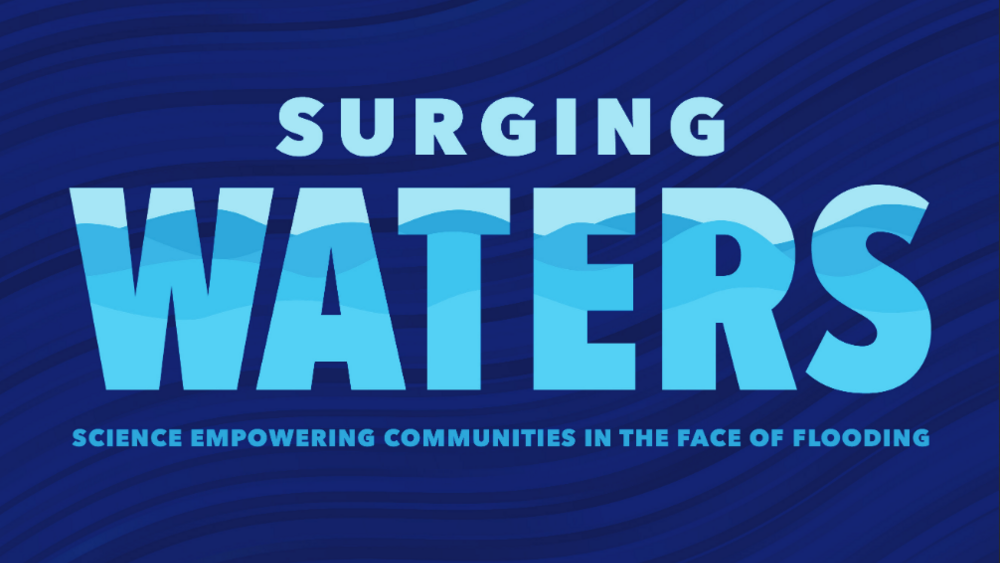
Surging Waters: Science Empowering Communities in the Face of Flooding
Surging Waters: Science Empowering Communities in the Face of Flooding is a report produced by AGU, a global not-for-profit scientific society dedicated to advancing the Earth and space sciences for the benefit of humanity. The report is reviewed by leading experts in these fields. From devastating…
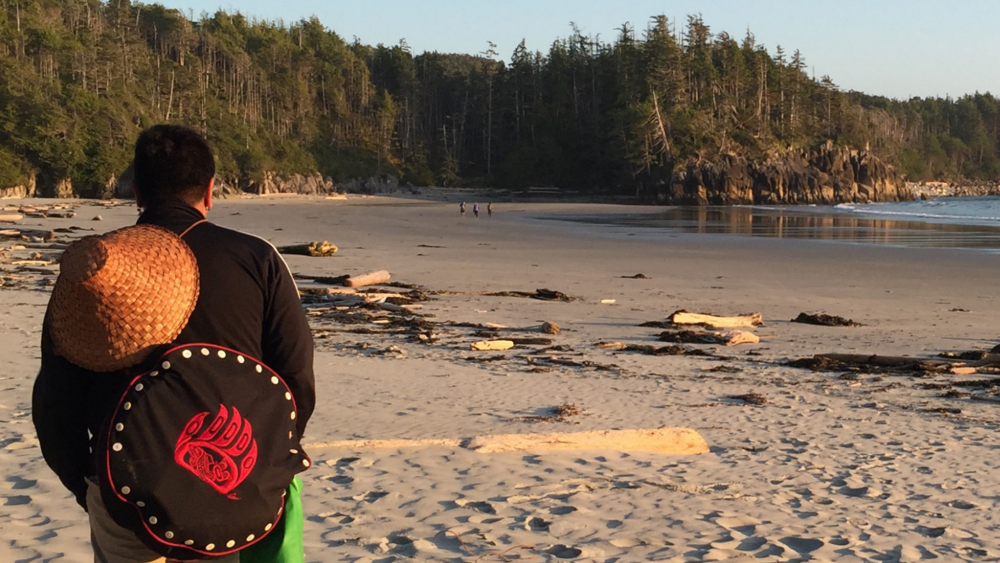
Coastal Guardian Watchmen Programs: A Business Case
As the original stewards of their territories, the Coastal First Nations along British Columbia’s North Coast, Central Coast and Haida Gwaii have been working to establish and grow Guardian Watchmen programs, in some cases for several decades. These programs have come to play an important role in…
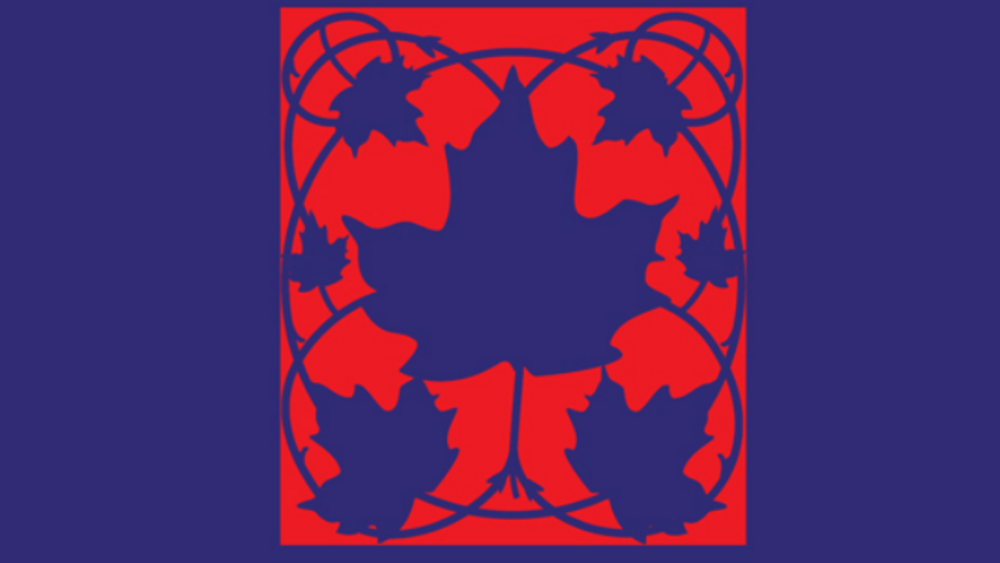
What are the Limits of Social Inclusion? Indigenous Peoples and Indigenous Governance in Canada and the United States
Contemporary debates about poverty and its mitigation often invoke the idea of social inclusion: the effort to increase the capacities and opportunities of disadvantaged populations to participate more fully in the economy, polity, and institutions of developed societies. While practical outcomes…
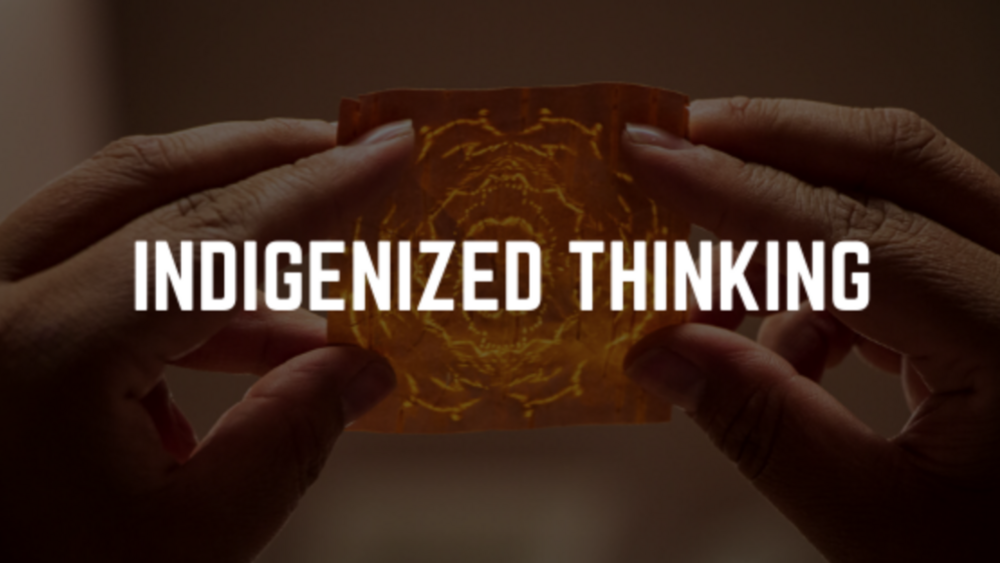
Indigenized Communication During COVID-19
During times of crisis, the messages we send to our stakeholders matter more than ever. Tribal governments and Native organizations are on the frontlines of the COVID-19 pandemic and are making important decisions to protect the health and safety of their people. As Indigenous people, we…
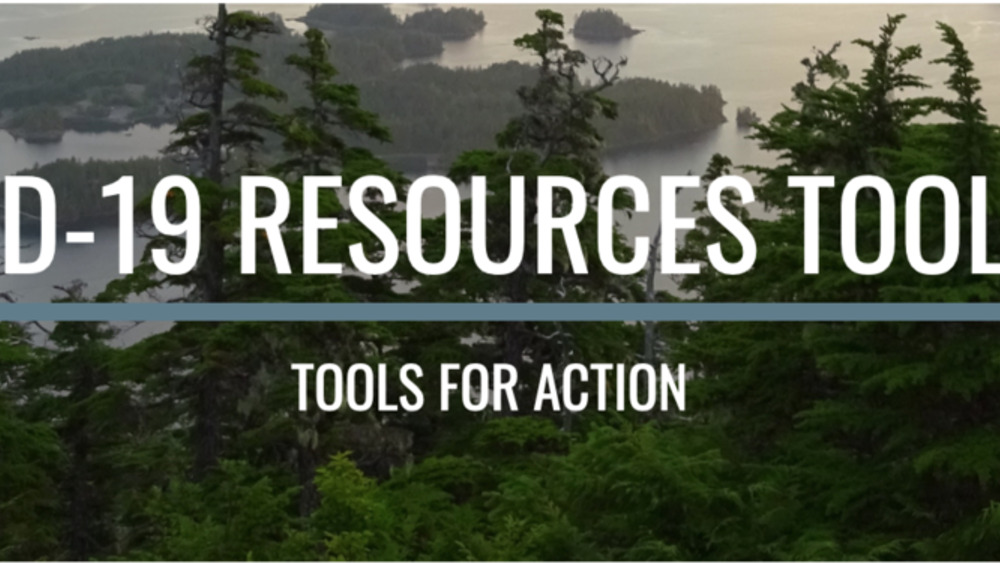
Harvard Project: COVID-19 Resources for Indian Country Toolbox
As the country responds to the coronavirus (COVID-19) pandemic, the task before tribal nations is complicated by many unknowns. The Harvard Project recognizes the challenges you're up against and we want to help. We are not experts in the health consequences of the pandemic, but we are monitoring…
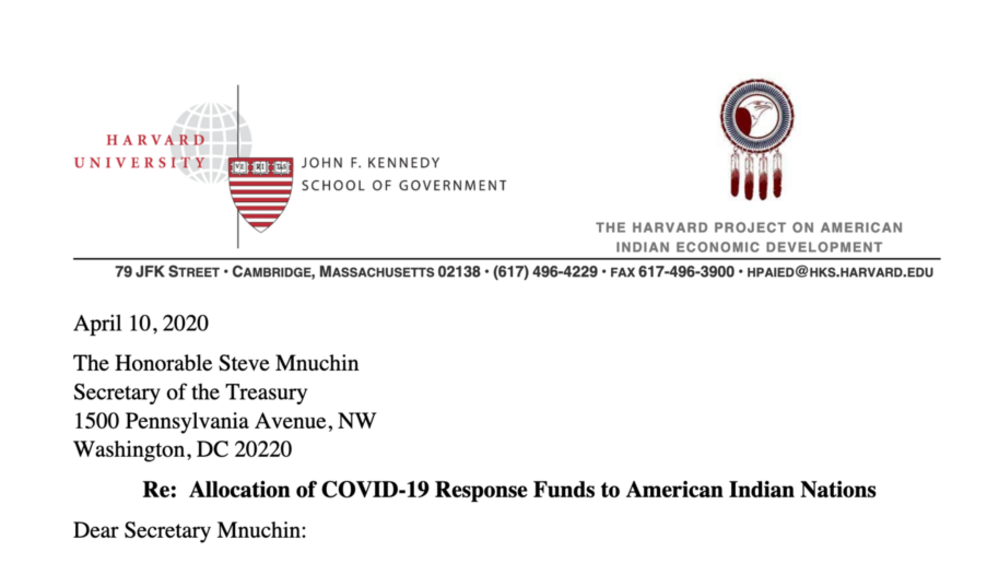
HPAIED Letter to the Treasury: Allocation of COVID-19 Response Funds to American Indian Nations
Dear Secretary Mnuchin, We write to respectfully comment on the impact of the current COVID-19 crisis on American Indian tribal economies, tribes’ responses to the crisis, and on implications for the allocation of federal COVID-19 response funds to federally recognized tribes under the CARES Act…
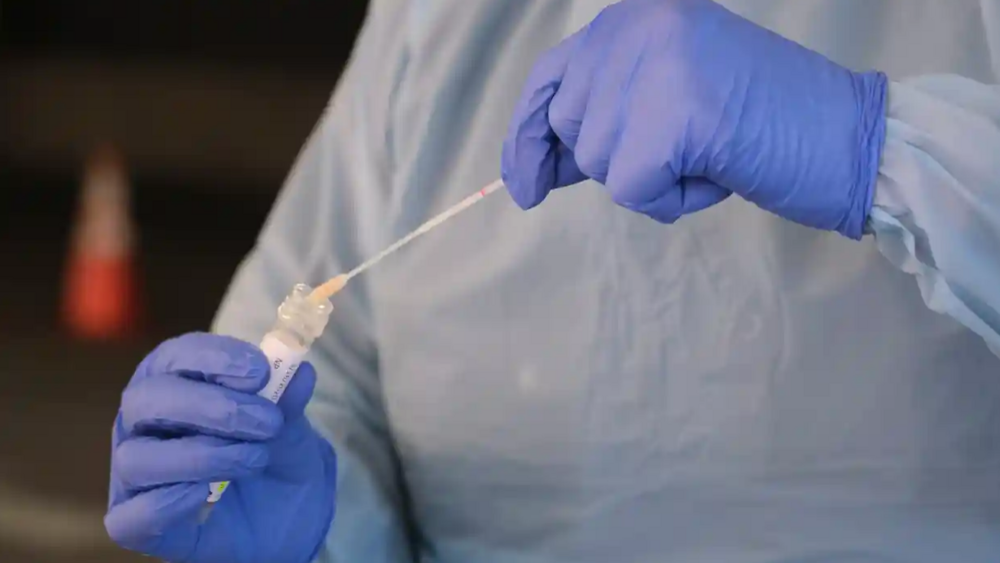
Native American tribe takes trailblazing steps to fight Covid-19 outbreak
The Lummi nation, a sovereign Native American tribe in the Pacific north-west, will soon open a pioneering field hospital to treat coronavirus patients, as part of a wave of strong public health measures which have gone further than many governments. Tribal leaders have been preparing for Covid-19…
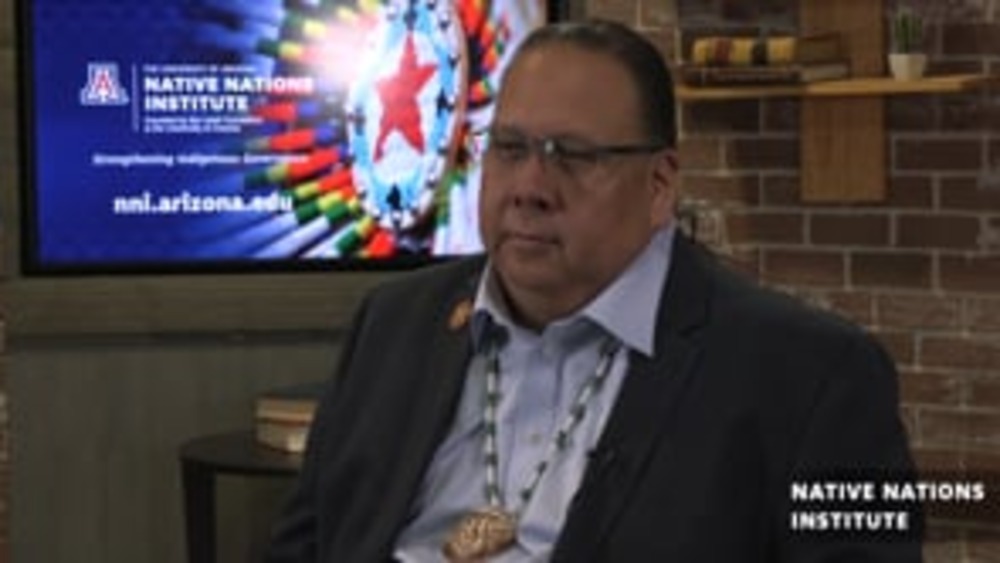
Stephen Roe Lewis: Effective Tribal Leadership for Change
Stephen Roe Lewis has been serving two terms as the Governor of the Gila River Indian Community. He follows a strong tradition and family legacy of leadership for the Akimel O’otham and Pee-Posh people in this desert riparian region of Arizona. Governor Lewis has worked on numerous political…
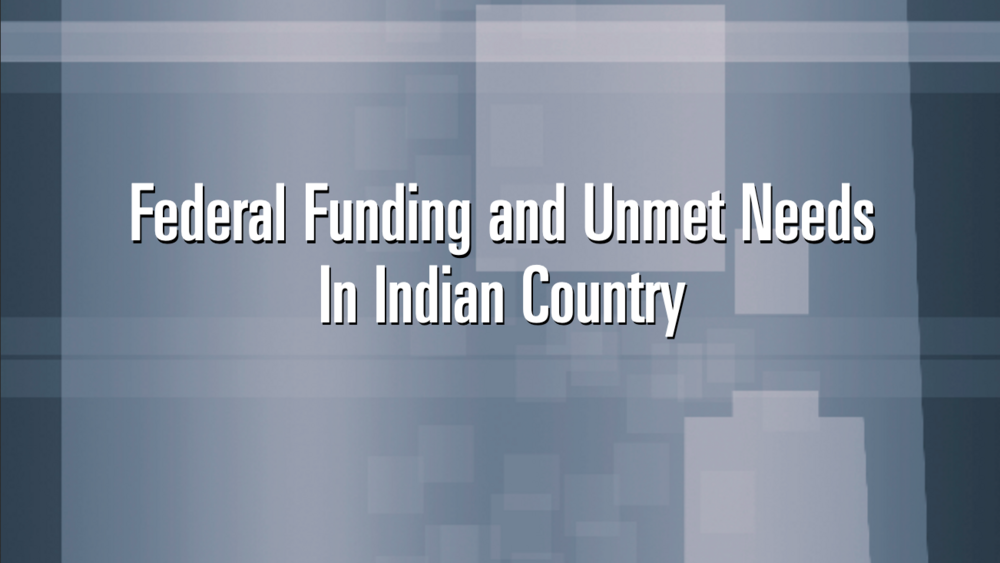
A Quiet Crisis: Federal Funding and Unmet Needs in Indian Country
The federal government has a long-established special relationship with Native Americans characterized by their status as governmentally independent entities, dependent on the United States for support and protection. In exchange for land and in compensation for forced removal from their original…
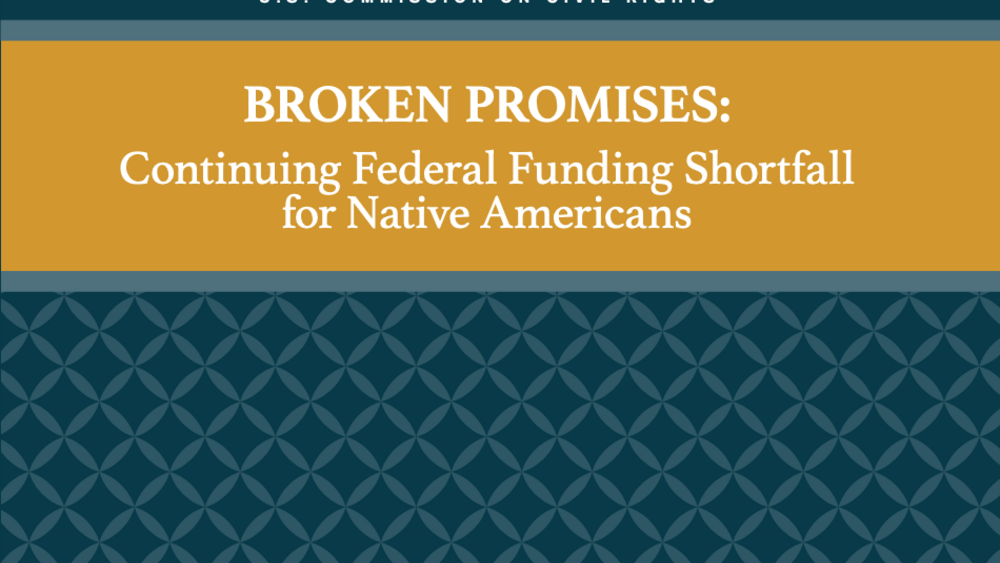
Broken Promises: Continuing Federal Funding Shortfall for Native Americans: Briefing Report
Since our nation’s founding, the United States and Native Americans have committed to and sustained a special trust relationship, which obligates the federal government to promote tribalself-government, support the general wellbeing of Native American tribes and villages, and to protect their lands…
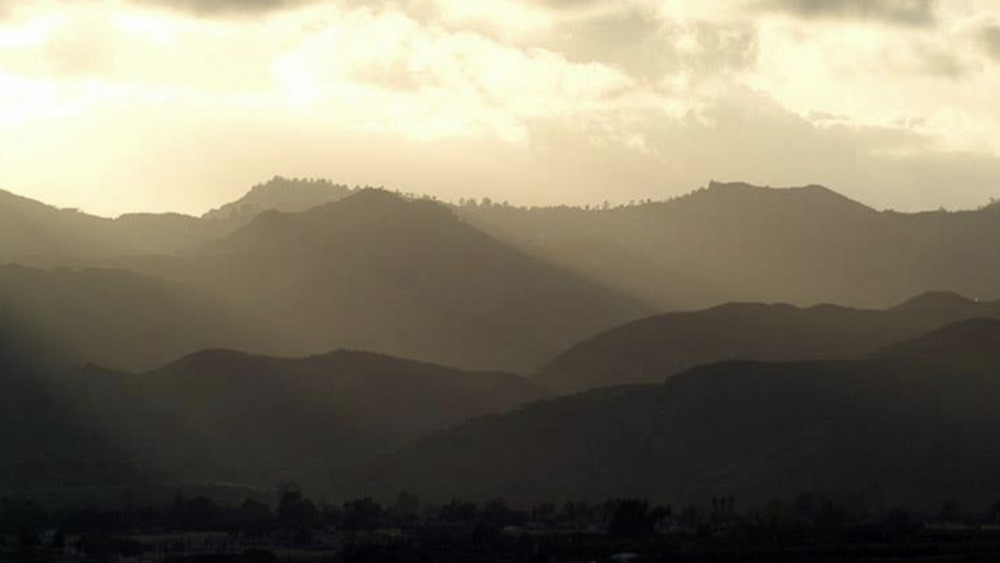
Chemşhúun Pe'ícháachuqeli (When our Hearts are Happy): A Tribal Psychosocial Climate Resilience Framework
Tribes are keenly aware of the interconnection between health, nature, and personal wellbeing. Leading experts in climate change and wellbeing are increasingly encouraging communities to be proactive about protecting and building psychological, social, cultural, and spiritual wellbeing. Often…
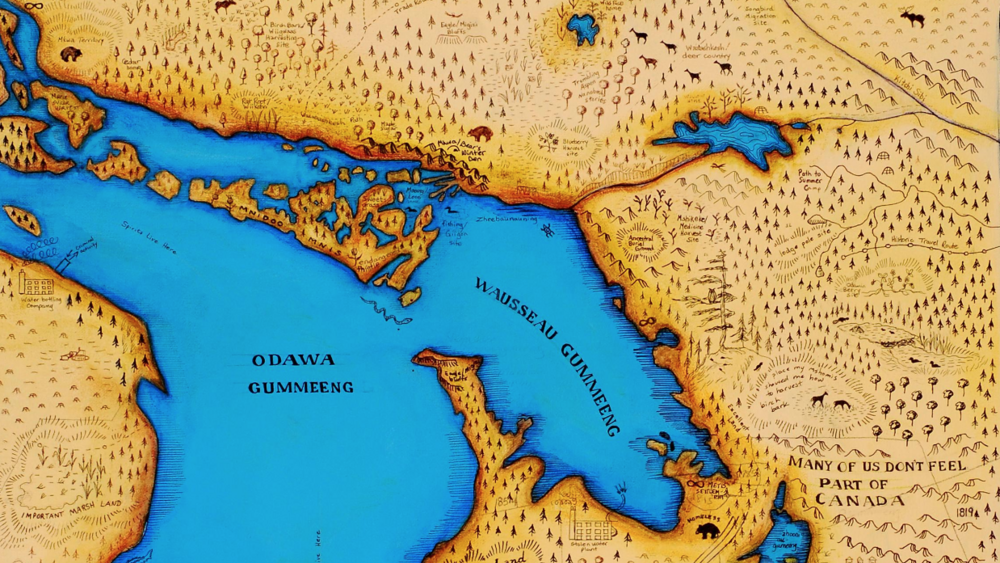
The Rise of the First Nations Land Management Regime in Canada: A Critical Analysis
Federal Budget 2018 contains significant investments in the First Nations Land Management regime, including $143.5 million over five years beginning in 2018-19, and $19 million per year ongoing. In December 2018, the First Nations Land Management Act was amended, lowering the voting threshold for…
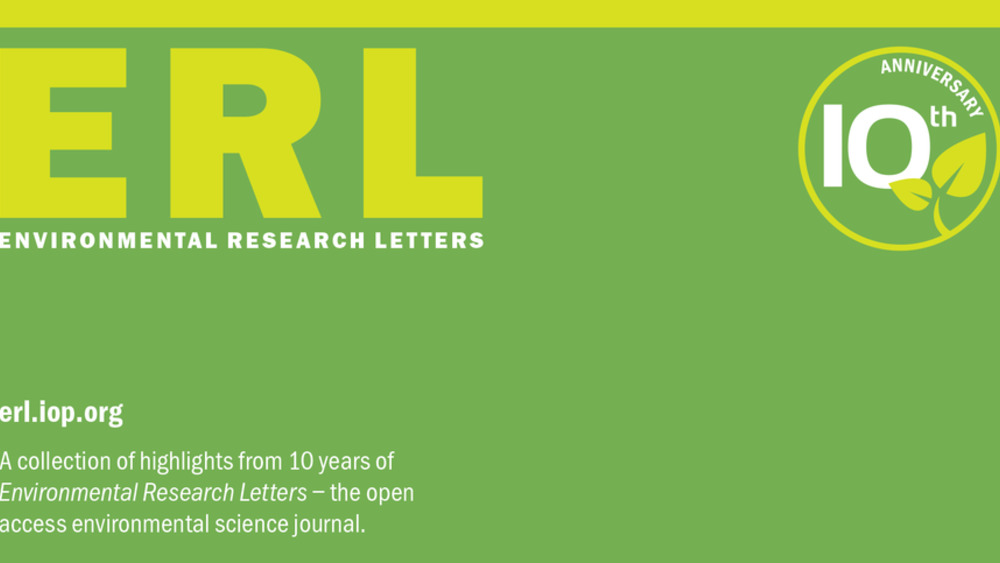
A global assessment of Indigenous community engagement in climate research
For millennia Indigenous communities worldwide have maintained diverse knowledge systems informed through careful observation of dynamics of environmental changes. Although Indigenous communities and their knowledge systems are recognized as critical resources for understanding and adapting to…
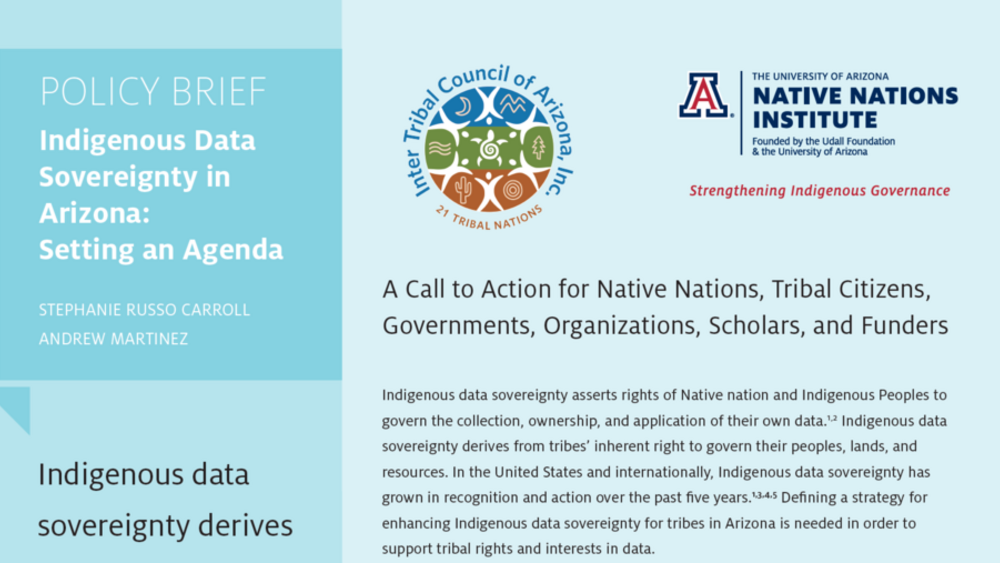
Policy Brief: Indigenous Data Sovereignty in Arizona: Setting an Agenda
Indigenous data sovereignty asserts the rights of Native nations and Indigenous Peoples to govern the collection, ownership, and application of their own data. Indigenous data sovereignty derives from tribes’ inherent right to govern their peoples, lands, and resources. In the United States and…
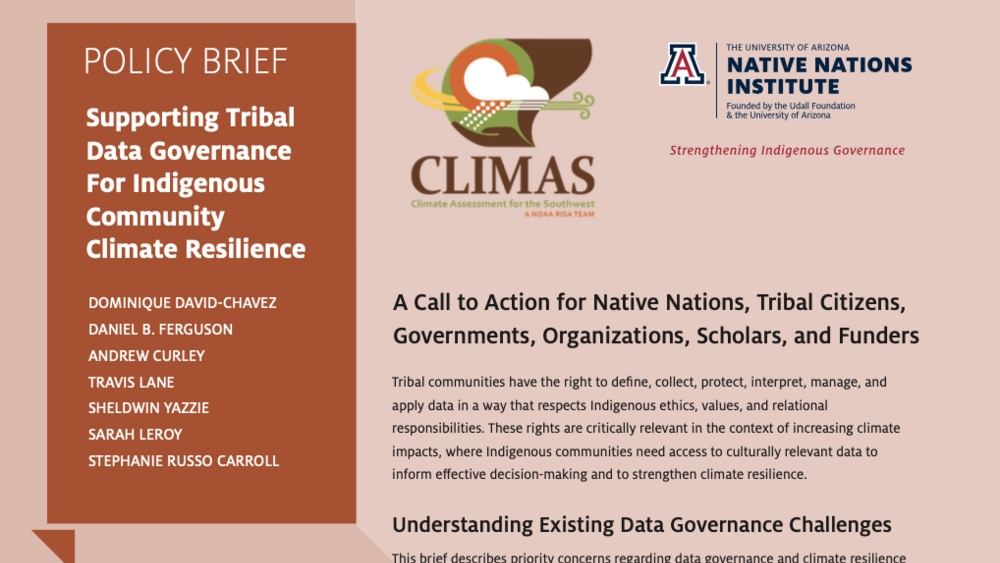
Policy Brief: Supporting Tribal Data Governance for Indigenous Community Climate Resilience
Tribal communities have the right to de fine, collect, protect, interpret, manage, and apply data in a way that respects Indigenous ethics, values, and relational responsibilities. These rights are critically relevant in the context of increasing climate impacts, where Indigenous communities need…
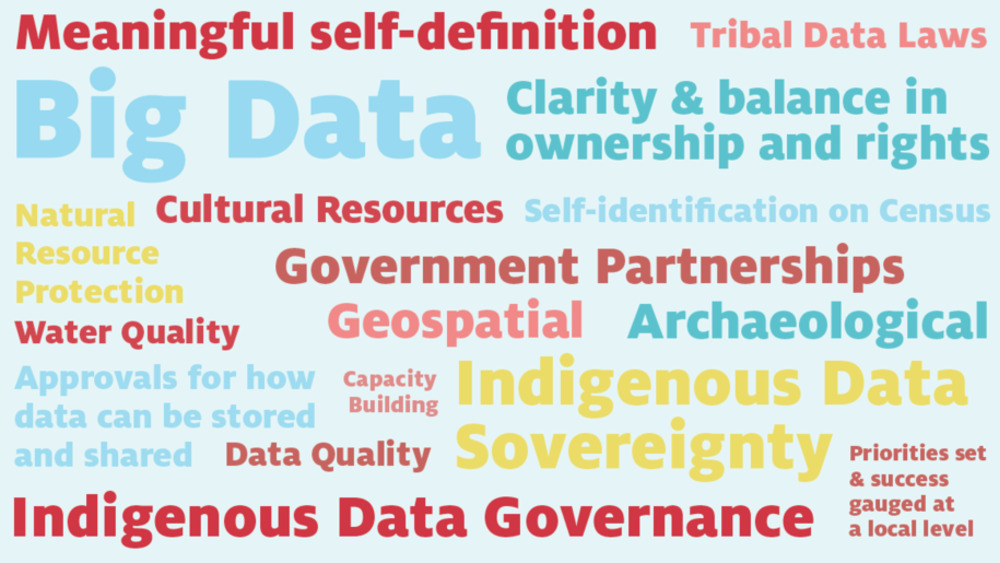
Principles of Indigenous Data Governance
Indigenous data, whether collected by national governments and institutions or gathered by Indigenous Peoples themselves, are integral for: decision-making; the exercise of collective rights to self-determination; the affirmation and application of Indigenous epistemologies; and fulfilling…
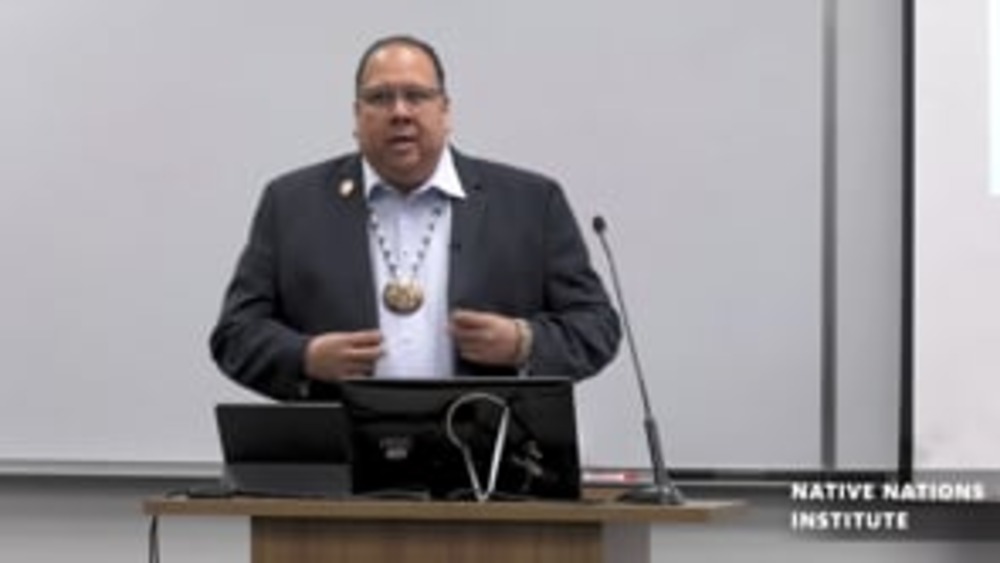
Governor Stephen Roe Lewis Distinguished Tribal Leader Lecture
Governor Stephen Roe Lewis of the Gila River Indian Community visited the University of Arizona to speak at January in Tucson: Distinguished Tribal Leader Lecture sponsored by the Native Nations Institute and held at the Indigenous Peoples Law & Policy program at James E. Rogers College of Law…
Pagination
- First page
- …
- 9
- 10
- 11
- …
- Last page
